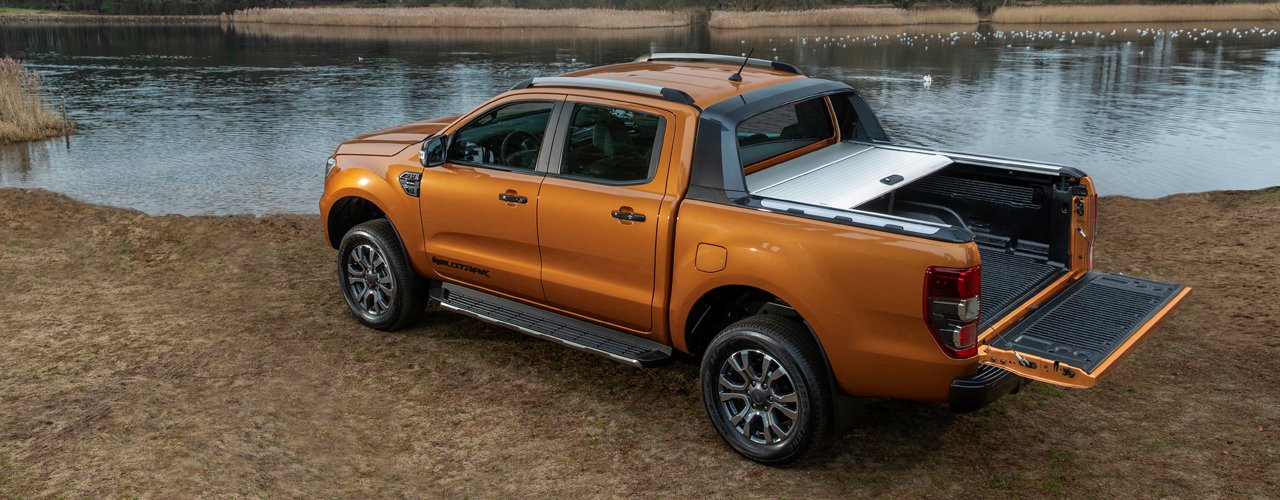
In a dramatic shift, the UK government has reversed its decision to increase taxes on double-cab pickup trucks, just one week after announcing the new policy. This reversal comes after facing strong criticism from farmers and the motor industry.
The initial proposal, announced on February 12th, would have seen the benefit-in-kind (BIK) payments for company car drivers using double-cab pickup trucks skyrocket. This was due to a change in their classification, moving them from commercial vehicles to passenger cars, following a Court of Appeal ruling. Under the new system, pickups would have been taxed based on their emissions, potentially leading to the highest BIK rate of 37% due to their high CO2 emissions.
This decision sparked widespread backlash, particularly from farmers and businesses that rely heavily on pickups for their work. They argued that the change would have significant negative financial implications, impacting their ability to operate efficiently. Additionally, the motor industry expressed concerns about the potential damage to pickup truck sales, a significant segment of the UK car market.
In response to this pressure, the government has performed a complete U-turn. They announced today that they will withdraw the updated guidance and continue to treat double-cab pickup trucks with a payload of one tonne or more as commercial vehicles. This means they will retain the current flat BIK rate for commercial vehicles, offering significant financial relief to users.
However, it's important to note that this reversal only applies to larger pickup trucks. Double-cab pickups with payloads below 1000kg, such as the popular Ford Ranger Raptor, will still be classified as passenger cars and subject to the emissions-based BIK system.
TC Harrison Ford are not authorised to give personal tax advice and we recommend that you speak to your accountant or employer for advice on your individual circumstances.